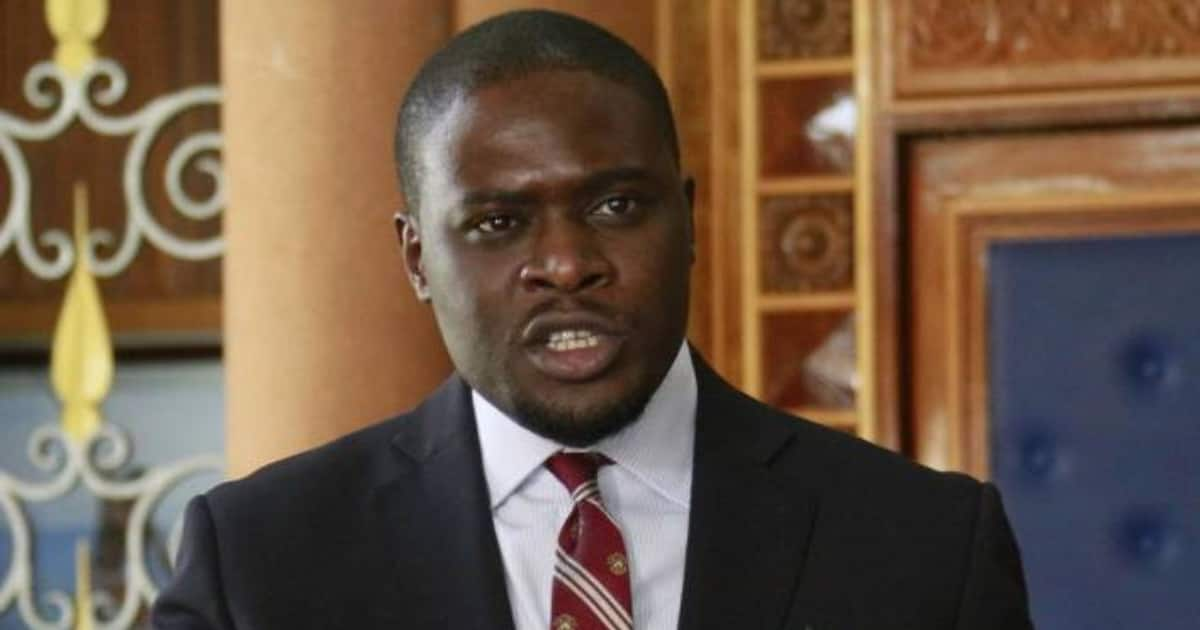Nairobi Governor Johnson Sakaja faces criticism, with questions arising about his effectiveness and presence in addressing critical issues within the capital. Some leaders are raising concerns about Sakaja’s handling of challenges such as water scarcity, poor roads, garbage clearance, sewage system breakdowns, and an ongoing revenue collection impasse. The absence of the governor during significant incidents, including a tragic fire in Embakasi East constituency and another inferno along Landhies Road, has fueled doubts about his engagement with pressing matters affecting Nairobians.
Despite rebuffing claims of being an absentee boss, Sakaja’s foreign trips have come under scrutiny. Critics, including Nairobi Senator Edwin Sifuna, highlight the high expenditures on domestic and foreign travels reported in the Nairobi county budget. Sifuna questions the benefits derived from these trips, emphasizing the lack of transparency in disclosing the purpose and outcomes of such visits.
Sakaja defends his travels, asserting that they have yielded positive outcomes for the county. He points to accomplishments such as securing funds for the Nairobi County School Feeding Programme and obtaining certification for Nairobi City Hall as the first green government building in Africa. However, some leaders, like Kileleshwa MCA Robert Alai, express concerns that Sakaja might be influenced by State House interests, particularly regarding own source revenue collection.
Amid criticism, Sakaja justifies the effectiveness of his billboards and argues that they have contributed significantly to revenue generation for the county. He dismisses claims of being controlled by State House and insists on using a government-to-government revenue collection system.
The recent donation of Sh280,000 to fire victims by Sakaja has stirred controversy, with some leaders questioning the decision and its cost implications. Critics, including Senator Sifuna, express dissatisfaction with the prioritization of billboards over addressing the city’s critical issues. However, Nairobi Assembly Minority leader Anthony Kiragu defends Sakaja, stating that the governor’s absence is often due to official duties that benefit the residents of Nairobi.
In response to criticisms, Sakaja emphasizes his achievements in revenue generation and defends his foreign trips, maintaining that they have brought tangible benefits to the county. The debate surrounding Sakaja’s leadership style and priorities continues, reflecting broader concerns about accountability and effective governance in Nairobi.





